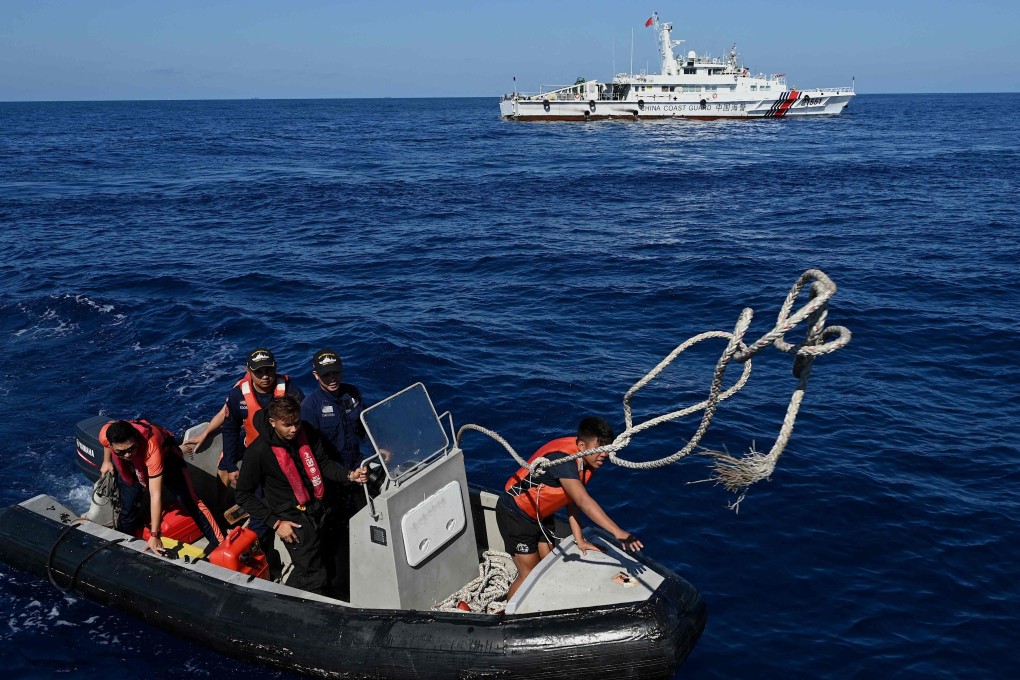South China Sea: writing of rule book for disputed waterway delayed by lack of trust and momentum, says maritime expert
- Wu Shicun, founding president of China’s National Institute for South China Sea Studies, is pessimistic about progress towards agreeing a code of conduct
- ‘Now is the best time for some claimant states to take advantage of the window period and consolidate and expand their vested interests,’ he says

“There is no mutual trust in implementing the Declaration on the Conduct of Parties in the South China Sea, and insufficient momentum for consultation on the COC, which created unprecedented challenges for rule-making in the region,” Wu said. “Therefore, I am personally not optimistic about the agreement in a code of conduct.”

In 2002, Beijing and the bloc signed the declaration, a non-binding document that reaffirmed self-restraint in the conduct of activities, the need for maritime cooperation, the peaceful settlement of disputes and agreement on working towards the “eventual attainment” of a code of conduct.
According to Wu, the lack of mutual political trust among states has led to stalled progress on achieving substantial cooperation in five main areas covered by the declaration, including marine environmental protection, marine scientific research, the safety of navigation and communication at sea, search-and-rescue operations and combating transnational crime.
Asean and China announced the start of the third reading of the single draft negotiating text in October but observers warned there was an arduous “deepwater zone” ahead, as claimant states have vastly different expectations about what this maritime code of conduct should entail.
Wu said these differences among claimant states regarding the details of the guideline would further complicate the discussions.
At the centre of the debate is whether the document is legally binding, whether it is a dispute settlement mechanism or a crisis management mechanism, as well as its applied geopolitical scope, he said.